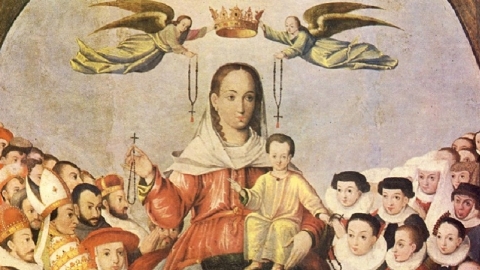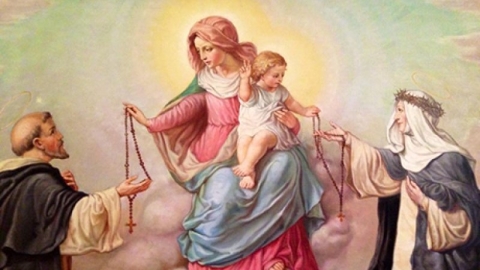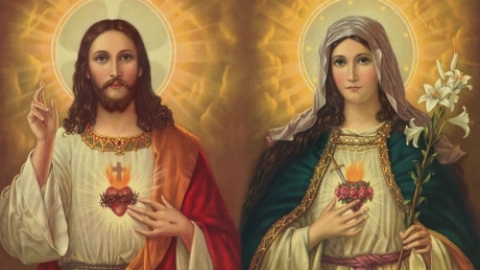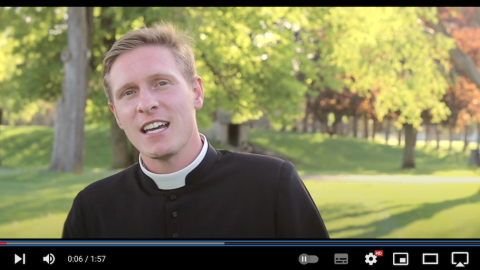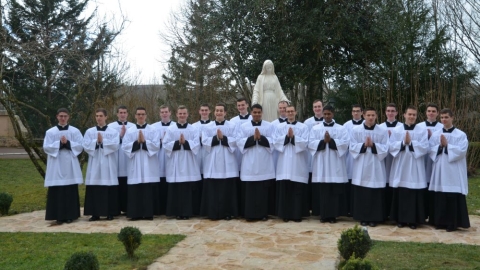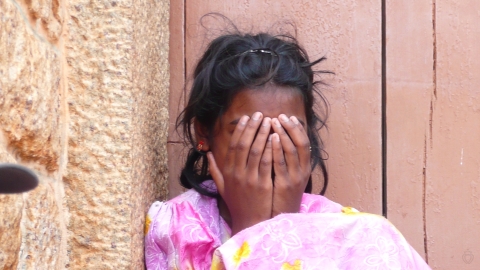What happened in London?
Can you defend yourself?
The Apologetics Weekend at St Joseph and Padern Church, London was the first weekend devoted to this topic. Friday night began at the pub and ended at a charming Italian restaurant for wine and pizza.
Father O’Hart opened Saturday with “The Five Ways of Aristotle Proving the Existence of God”. Aristotle is acknowledged as one of the founding fathers of philosophy and his work formed the basis for St. Thomas Aquinas’ own exploration of knowledge. Apologetics is a defence of the faith by proving the existence of God by reason, conclusively showing the moral proofs in everyday life without being coercive.
Delivery of the proof is also key, to appeal to a person’s everyday thought process. The point being made by the Catholic must therefore take a specific direction. Firstly, a major truth is announced, this is then followed by a minor secondary truth which, in turn, leads to a concluding statement as a result of these two truths. There are five truths which Father O’Hart clearly explained, any of which can be used to evidence the existence of God; order, nature, motion, causality and perishability.
- Orderly arrangement is due to an intelligent designer, we see order in the world around us and therefore we can conclude there must be a designer of this order, i.e. God.
- In nature everything is obedient to law. This law does not come by chance which means there must be a lawgiver for nature to be obedient to.
- The third proof is that things are in motion. Motion itself is caused by another type of motion so therefore there must have been a first cause of motion for everything to being moving - God.
- The proof of causality is seen in cause and effect. It is impossible for something to be its own cause of self otherwise it would have to exist before it caused itself. The example given was tyre tracks in the road. Without a skidding car, they wouldn’t have come into being, they are an effect. Every effect has to have a cause, therefore there must have been a first cause.
- The final and fifth proof is dependency and contingency. Everything in the universe is perishable and all things which are perishable have no grip of their existence otherwise they would hold on to it. Everything depends on another, on an independent being. Without a being to depend on, they would cease to exist.
A crucial aspect of any conversation, however, is whether the listener is logical and open to these ideas. Argument for the sake of it produces no good fruits, just frustration on both sides.
Fr Nicholas Mary gave three conferences looking at how to make the Catholic Faith more credible to those who already believe in God, but whose theological views are erroneous in different ways. Though the ecumenical mindset of modern Catholics leads them to think that the conversion of those of other religions and denominations is unnecessary, yet we know that only Our Lord Jesus Christ is the Way, the Truth, and the Life, and that membership of the Church that He has founded - rightly understood - is necessary for salvation.
In the first conference, he examined Judaism and Islam briefly. Judaism is perhaps unique in being both an ethnic identity as well as a religion, though these two can be separated. Many modern Jews are secular and have no belief. These should be approached as one does atheists and agnostics, though with the awareness that they might still identify with aspects of their religion on a purely cultural level. Religious Jews should be approached in a different way. Here study and knowledge of the Sacred Scriptures, history, and of the arguments made in favour of our belief that the Catholic Church (the spiritual Israel) is the true heir to the promises made to Abraham, are essential.
In dealing with both believing Jews and Muslims, it is important to present the intimate relationship which Catholics enjoy with God as well as to describe the very different notion of Heaven that we have – these are wholly supernatural, and differ greatly from the more natural conceptions of both found amongst Jews and Muslims. One Muslim convert present pointed out that it is important to focus precisely on the differences between Islam and Catholicism in order to attract those Muslims who, like himself, had been greatly dissatisfied with the religion of Muhammed.
It was also recalled – and with universal application – that kindness and sincerity should always mark the true apostle, and arrogance will never win souls. If we do not know how to answer some objection or question, it is better to say that we do not know, and that we will get back to our interlocutor, than to make up something instead.
After Holy Mass with Benediction and the Rosary, Fr Nicholas Mary spoke on Protestantism and Mormonism. His starting point was the Protestant's Rule of Faith, which is his or her personal interpretation of the Bible. As an example of how to challenge this (and establish the need for an objective Rule of Faith, which is the teaching authority of the Catholic Church), he took the traditional doctrine of the Reformers on salvation as a case study. By drawing out from their own principles logical consequences which are unacceptable to Protestants, they are obliged to rethink either their principles or their claim that their interpretation of the Bible gives them what they need to know in order to be saved. Father then used the teaching of Luther and Calvin that salvation happens without the co-operation of our free will to demonstrate this point.
He then went on to remind us that though Mormons might present a certain external similarity to Protestants, they are in fact not Christians as they do not believe in Christ’s divinity or the Holy Trinity. Various of their curious teachings were briefly outlined, and the need for study recalled.
Father's final conference concerned 'The Bible and Christ.' He reminded the attendees that before looking at the Bible as a weapon to use against others in debate, Catholics should first see it as the Word of God and cherish it as their own book. A true love and understanding of the sacred scriptures can only be cultivated over time and therefore before we speak to others of Our Lord Jesus Christ, we must have an interior life in which we have intimacy with Him. Once we approach the scriptures in this reverent way, and be docile to the interpretation given to them by the Catholic Church, we need not fear that reading them will be too complicated, or even a danger to our Faith. On the contrary, such reading will nourish it and move us to work for the salvation of non-Catholics.
The evening was spent at a less classy venue than the previous night. Whilst advertising that they doubled as a wedding venue, how imitation wasp nests for lighting and enormous papier mâché figures twisting strangely from the ceiling made it past any wedding planner is inconceivable. The men were saved by the Rugby game playing live in our dimly lit area and the women by conversation. Despite the noise, everyone enjoyed the evening and food available. There were some card games played and philosophical conversations begun. England won the rugby match adding an exciting end to the evening!
After Sunday Mass, the YRC returned to Volare Pizza, this time able to taste the non-vegetarian options. Good conversation and great service made everyone slightly late back for the Apologetics Engine - the sun also created a suntrap in front of St Joe’s causing the majority of attendees to delay slightly. Once again inside, Chris Sudlow explained his brain child; three scenarios to be debated by two opposing groups, Catholics vs non-Catholic. The first scenario featured atheists making a throwaway comment on the certainty that God does not exist just after giving a conference. This sparked questions from the Catholics in the 'audience' whose job it was to prove otherwise. The second scenario featured a workplace where Catholics talking about the divinity of Christ are overheard by their colleagues; a Muslim, Jew and non-Catholic. They take umbrage at the idea of Christ being the son of God and ask for an explanation. The third scenario was a very Protestant family concerned that their daughter has taken up with Catholics, taking it upon themselves to “get to the bottom” of it all. They interrogated these friends, once their daughter had left the living room.
Each team was given 10 minutes at the end of which, Father O’Hart gave feedback on the Catholic defence. There were some fantastic points made and references to the conferences given the day before. With three to a team, it allowed some very lively debates where everyone had an opportunity to voice an opinion. It was also entertaining to see how energetically some attendees took on their non-Catholic roles. It was an incredibly informative and social weekend and a lot was learned by all who took part.
